Entirely new form of life possibly found off New Zealand coast
A team of marine scientists discovered nearly 100 potential new species, including an “unidentified life form.”
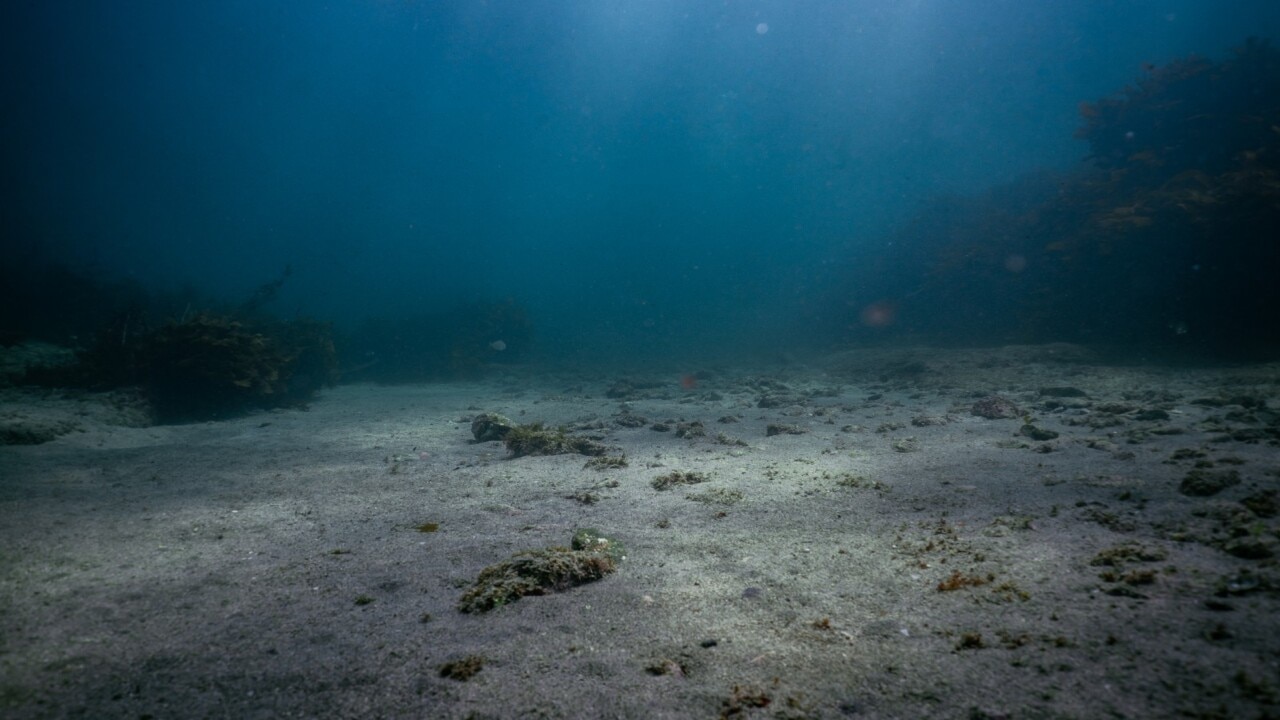
A team of marine scientists recently discovered about 100 potential new species off the coast of New Zealand – including an entirely novel life form that has yet to be identified.
Researchers working along the 500-mile-long Bounty Trough initially thought the find was a sea star or sea anemone, but now believe it could be a deep-sea coral, CNN reported.
“Even more excitingly, it could be a whole new group outside of the octocoral. If it is, that is a significant find for the deep sea and gives us a much clearer picture of the planet’s unique biodiversity,” Dr Michela Mitchell, a taxonomist at the Queensland Museum Network, said in a statement.
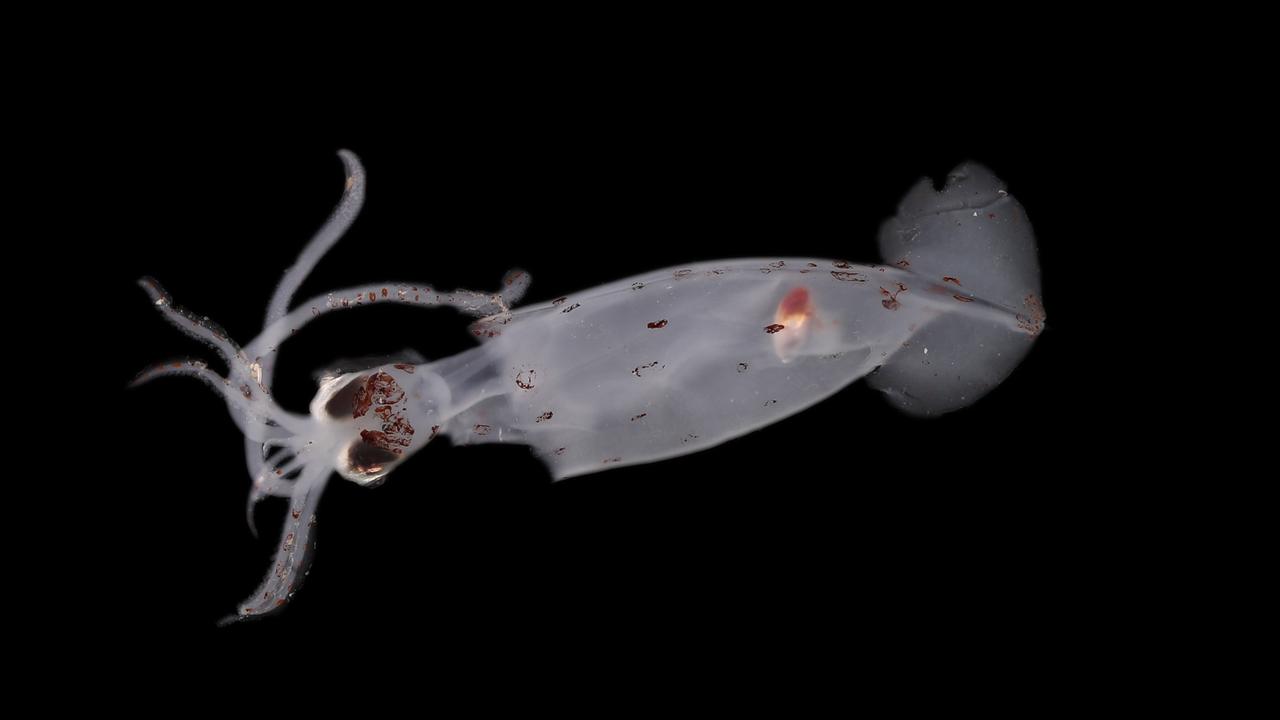
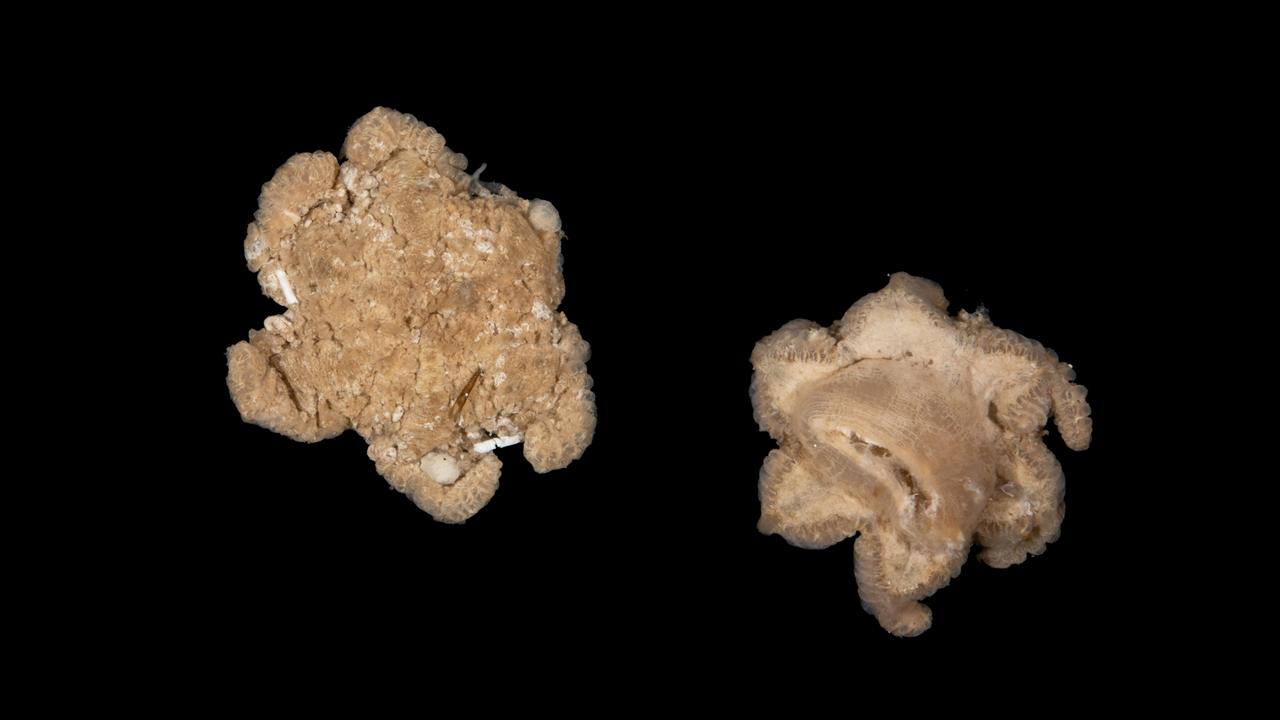
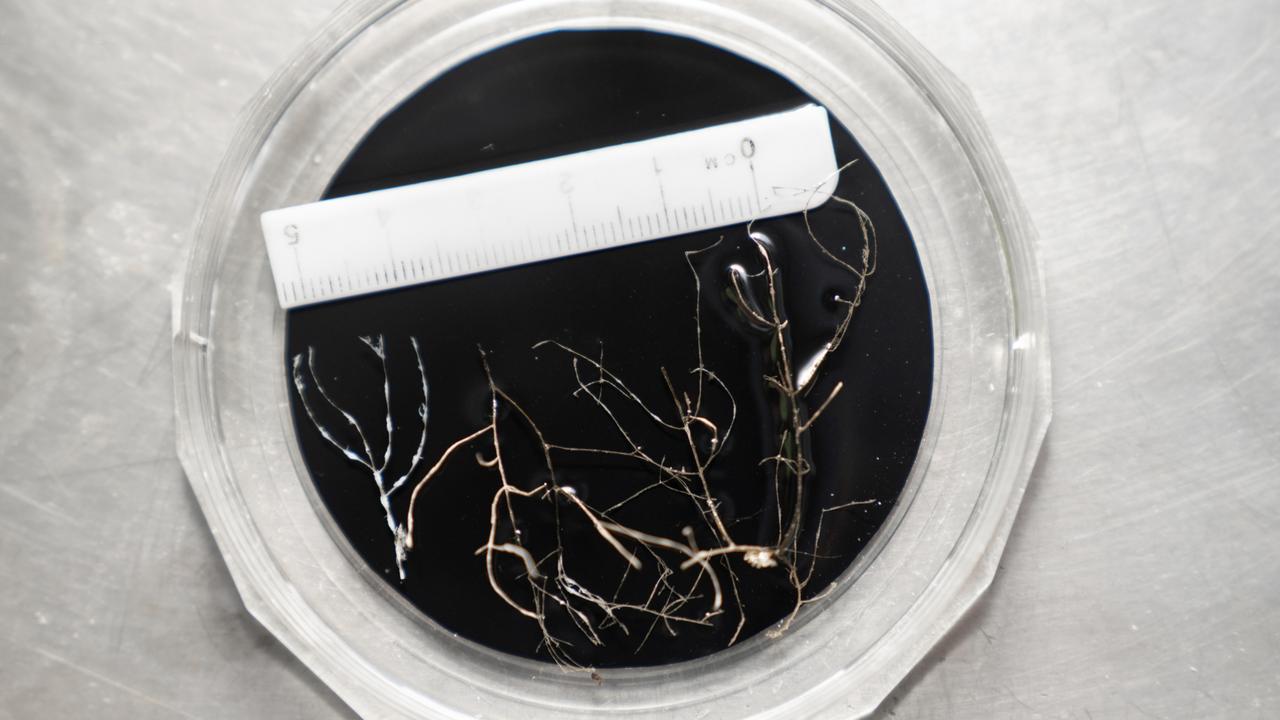
“It is still a mystery. We can’t even describe it to family. We don’t know where it is in the tree (of life) as of yet, so that’ll be interesting,” Dr Daniel Moore of the Ocean Census told CNN.
The Ocean Census, which launched last April, aims to identify 100,000 unknown species within the next 10 years, the outlet explained.
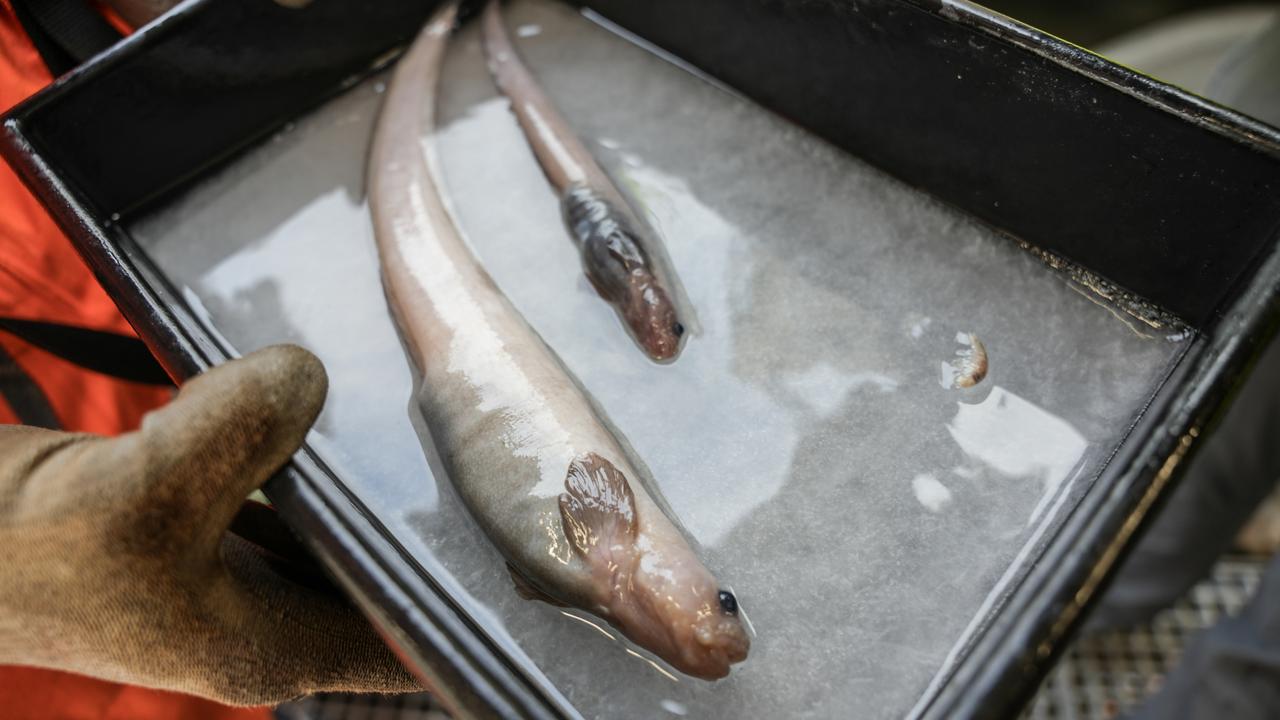
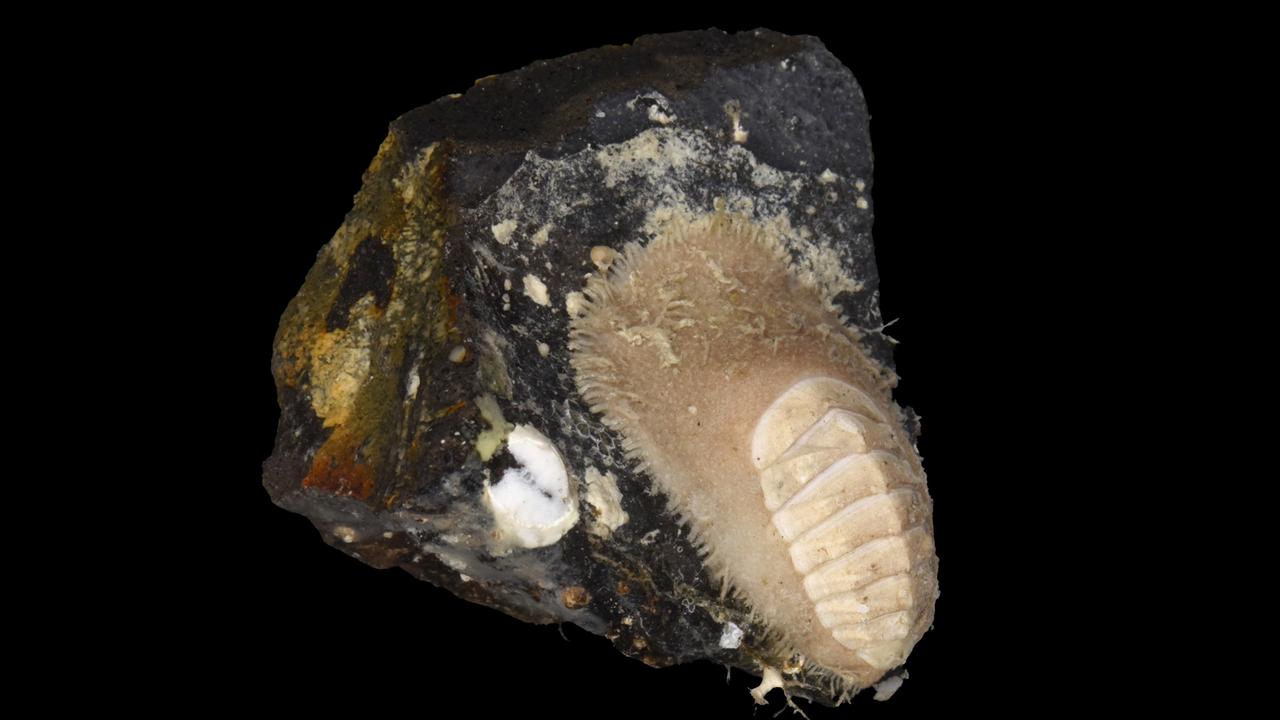
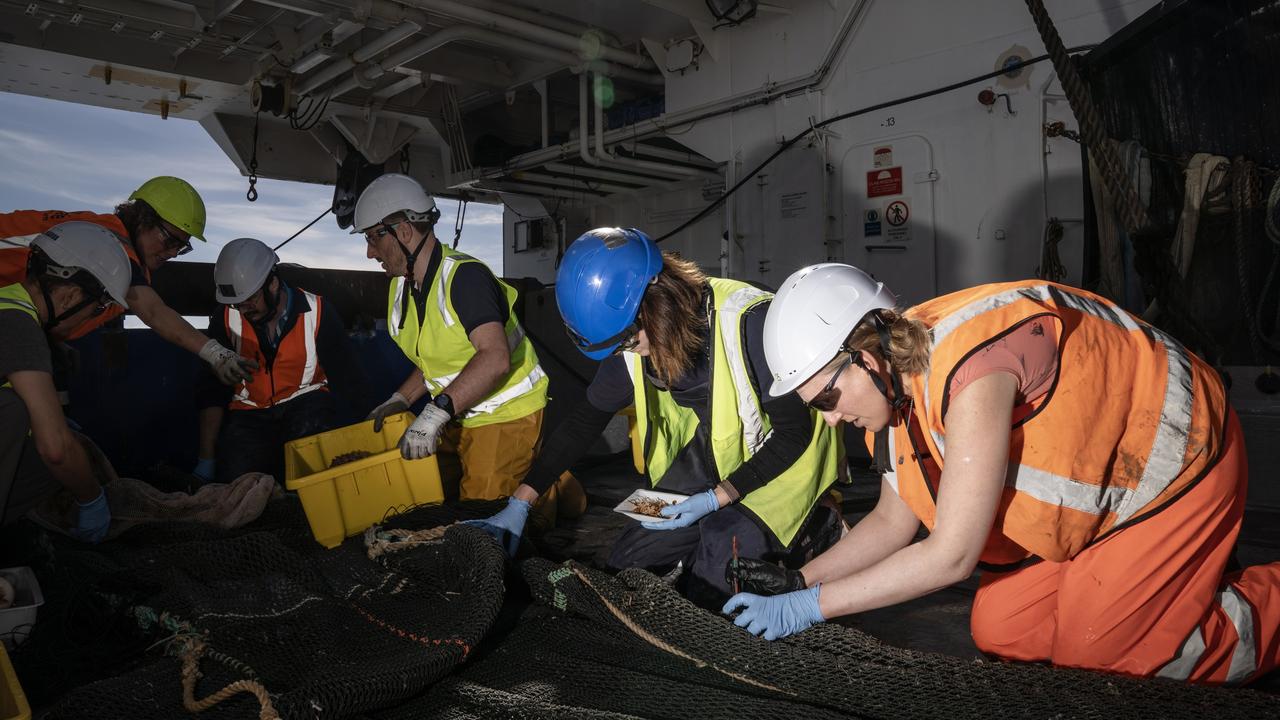
For three weeks in February, the team worked off the research vessel Tangaroa in order to collect almost 1,800 samples from as far down as three miles below the surface.
The samples were gathered used three types of sleds modified for terrain – including a beam trawl that towed a net, a seamount sled for rockier surfaces, and a device that pooled samples from just above the sea floor.
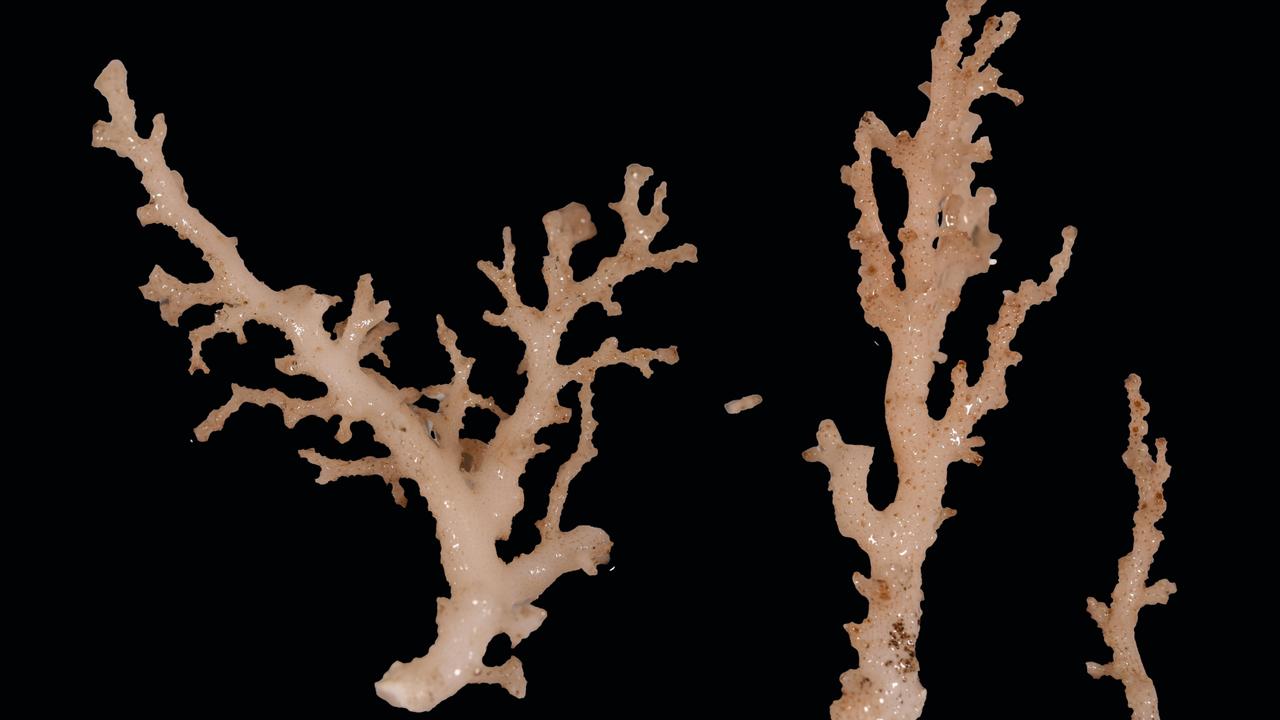
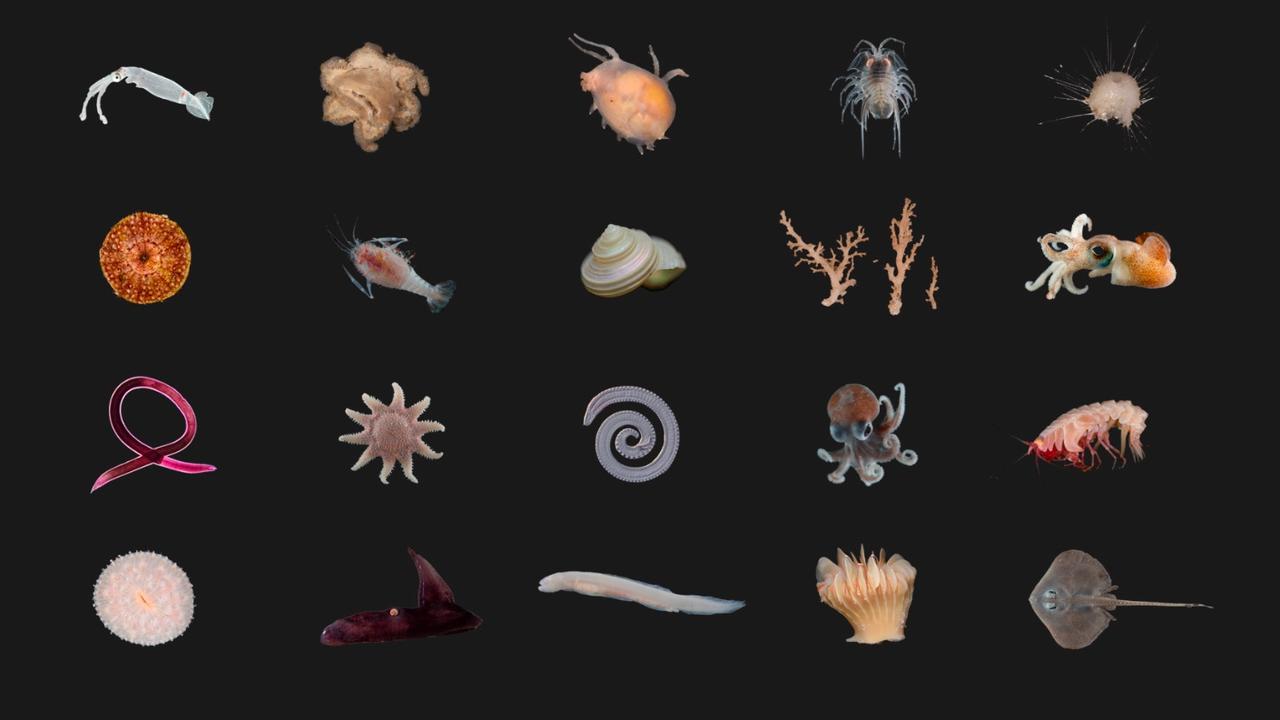
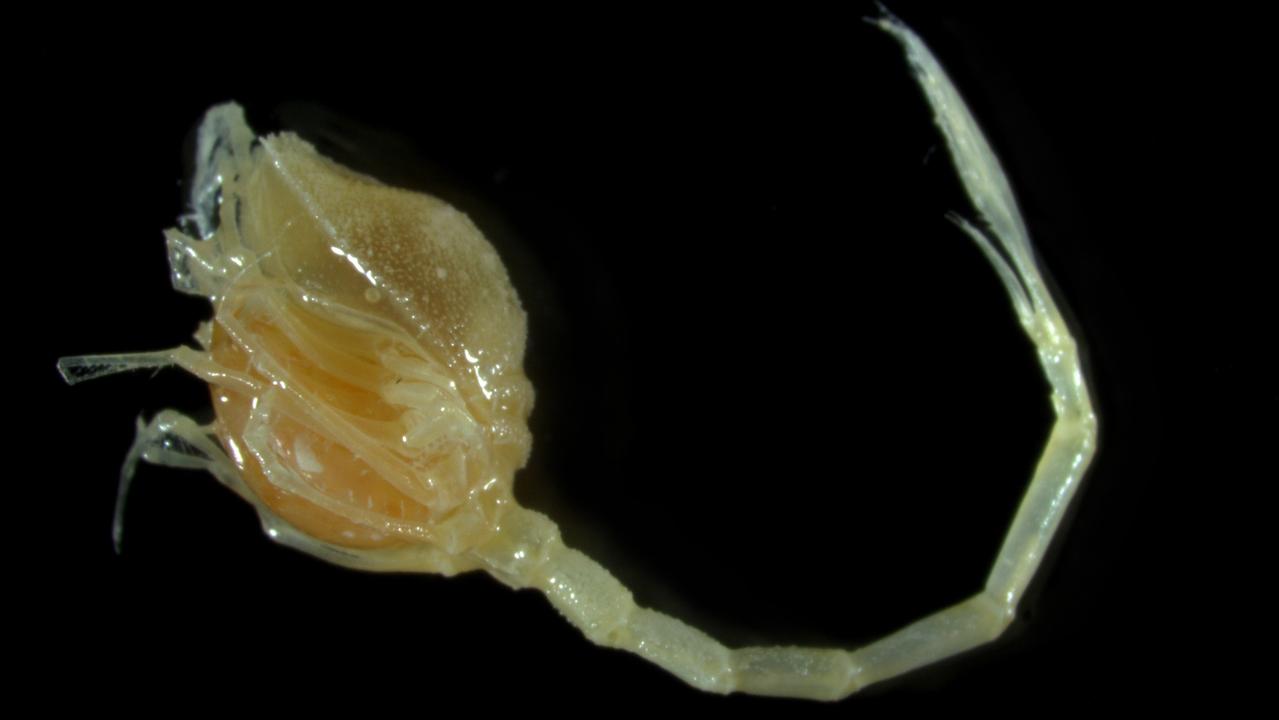
“It was true exploration, very exciting,” Moore boasted.
In addition to the possible deep sea coral, the team also found a new species of fish, known as an eelpout.
The eelpout was “instantly recognised as being different to the others,” Moore explained.
“Finding new vertebrates is rare. There’s hundreds of thousands of invertebrates in the sea that we still don’t know. Vertebrates, we like to think that we know what’s out there, but the reality is, we just don’t,” he added.
The vast majority of the ocean remains unexplored: Of the 2.2 million species believed to exist in its watery depths, only about 240,000 have been noted by scientists, per Ocean Census.
This story was published by the New York Post and was reproduced with permission





